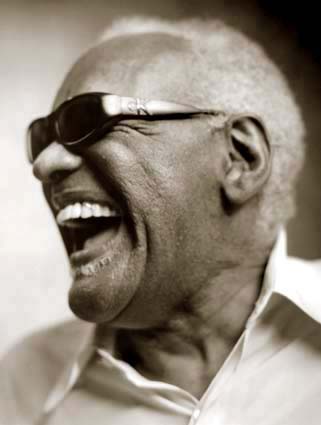Tempo de leitura: menos de 1 minuto
José Roberto A. Igreja
BLUNT KNIFE
[faca cega]
- This knife needs to be sharpened. It’s completely blunt!
- Esta faca precisa ser afiada. Está completamente cega!
 Para dizer que uma faca está cega, o adjetivo correto é blunt. Lembre-se de que o adjetivo blind é usado para referir-se apenas a pessoas ou animais:
Para dizer que uma faca está cega, o adjetivo correto é blunt. Lembre-se de que o adjetivo blind é usado para referir-se apenas a pessoas ou animais:
- Ray Charles, the famous blind sisnger who died in June, 2004, was a great musician.
- Ray Charles, o famoso cantor cego que morreu em junho de 2004, era um grande músico.
Cf. Mais Expressões Idiomáticas
Referência: “How do you say … in English? – Expressões coloquiais e perguntas inusitadas para quem estuda ou ensina inglês” – José Roberto A. Igreja, Disal Editora, 2005. Compre na Disal.

Ediel, tudo bem?
Obrigado pelo comentário. Concordo com a sua observação.
Abraços
The difference between dull and blunt can be arguable. When referring to knives, ‘dull’ to me could signifies that it was sharp and became “not sharp” along the way. “Blunt” to me signifies something that was probably made (or designed) to be that way. A blunt knife in my mind would be like a butter knife or something. They can be used interchangeably for knives in many cases, but ‘blunt’ sounds like it was dulled purposely in a way… Then again my senses might be dulling, because sometimes I’m blind to the difference.
craniumonempty,
Obrigado pela contribuição. Vejamos se mais gente tem a mesma opinião. Volte mais vezes. Tenha uma curiosidade: você frequenta o blog para aprender português? Pelo conteúdo de seus comentários, fica claro que você não vem tirar dúvidas de inglês no Tecla SAP.
Abraços a todos
Sim, eu preciso estudar português mais.. uh, i need to study portuguese more. I live in Brazil for 3 years an picked up how to speak, but don’t know vocabulary like I should. I can cuss, but that doesn’t help in conversations. Currently, I’m studying through duolingo and hope to gain enough knowledge to read and understand when I listen to the radio from Brazil (I have radio and tv apps on my mobil device to listen to Brazilian stuff). I came to your site a while ago because I was confused over a word that was being used in Brazil and it made no sense to me in translation. You spelled it out in a way I could understand because you were pointing out problems in the translation. I lost the link to the site for a while and just now found it again, so hope to learn more.
Oh, on duolingo, I try to help them with some translations when it’s obvious, but some I’m not sure. The current problem I have is with the sentence “ela olha para a janela” which they translate “she looks to the window”, but i doesnt really makes sense in English (or at least to my ears). Should it be “she looks at the window”, “she looks out of the window”, both or something else entirely?
Thanks for the site. Now that I’ve found it again, I can’t study more.
“… I lived in … and picked up…” I’m using a mobile device since my computer is destroyed, so I will probably make a lot of mistakes.
Olá!
Estou fazendo curso de Gastronomia nos EUA e a expressão que mais usamos para “faca cega” é “dull knife”.
Elisa,
Muito obrigado pelo comentário. É sempre bom ter a opinião de quem está vivendo a experiência na prática. Vale lembrar, no entanto, que a língua inglesa é falada em muitos países como idioma principal e há diferenças em suas variantes. Podem existir diferenças enormes até dentro do mesmo país.
Abraços a todos
“Dull knife” seria correto também, não é?
Mari,
Obrigado pelo interesse no Tecla SAP. Sua dedução está correta. Volte sempre!
Abraços a todos